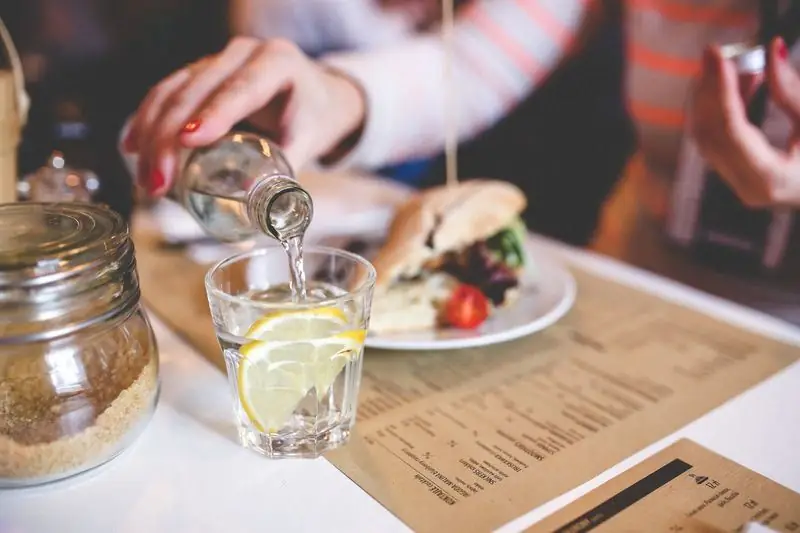
Table of contents:
- Author Bailey Albertson albertson@usefultipsdiy.com.
- Public 2023-12-17 12:53.
- Last modified 2025-01-23 12:41.
Water during and after meals: what is its danger
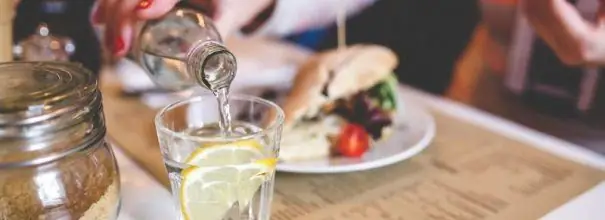
The human body needs water and it needs to be drunk, but according to the rules. One of them is not to drink immediately after eating. But doctors do not have a consensus on this issue.
Drinking water with food and immediately after it: myths and facts
Is it possible to drink while eating is a question that does not have a definite answer. There are several common false claims:
- water reduces the acidity of gastric juice - however, in fact, it quickly leaves the stomach, does not react with juice, therefore a small amount of water during meals will not harm health;
- softens solid food - it is believed that dry or large pieces become more convenient for subsequent processing by the digestive system if you drink a couple of sips of water. But digestion begins even in the oral cavity with the action of saliva with enzymes that break down products, and if you chew food a little longer, more saliva will be released, which will soften it without water.
At the same time, water drunk with food has a certain positive effect on digestion:
- accelerates the absorption of nutrients - many vitamins, minerals and other trace elements dissolve in water and quickly go to the desired organs;
- softens stools - two or three sips of water while chewing heavy or very dry food reduces the likelihood of constipation;
- helps to swallow dry food - sometimes it is just more comfortable to drink a few sips of water in order to continue eating solid or very dry food, but this does not mean that the food will be absorbed faster.
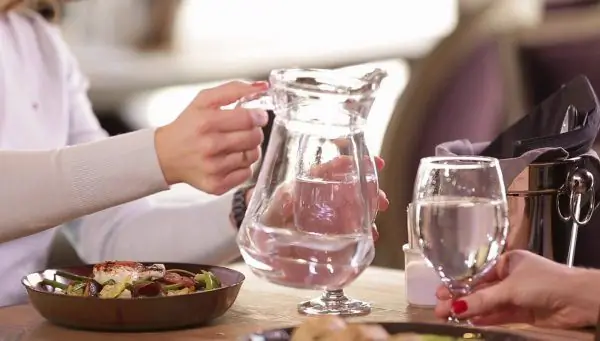
If you really want to drink while eating, two sips of warm water will not interfere with the digestion process
The above applies to drinking immediately after meals. The process of digesting food is not a matter of seconds. It takes some time to complete this process. Therefore, water consumed immediately after a meal has the same effect as that consumed during a meal.
What is the bottom line: drink or not drink? Since water does not affect the acidity of gastric juice, there is no reason to recommend not drinking it during and after a meal. The structure of the stomach is such that water will soon simply pass by the food to the next parts of the digestive system, without interfering with food being digested.
How to drink food properly
During meals, it is better to drink warm water, and half an hour or more after the end of the meal - a warm herbal decoction. Having paused, we will give the body enough time to primarily soften and process what we have eaten, and we will be able to enjoy aromatic drinks without harm to health. This opinion is shared by nutritionists and many doctors.
In addition to the broth, you can drink regular tea, but do not forget that it contains tannins that fight bacteria and have other positive properties for digestion. But when they interact with food in the stomach, they make it difficult to digest, which can lead to fermentation and the resulting flatulence, gastritis or constipation. Therefore, it is better not to drink tea immediately after eating, as often you want.
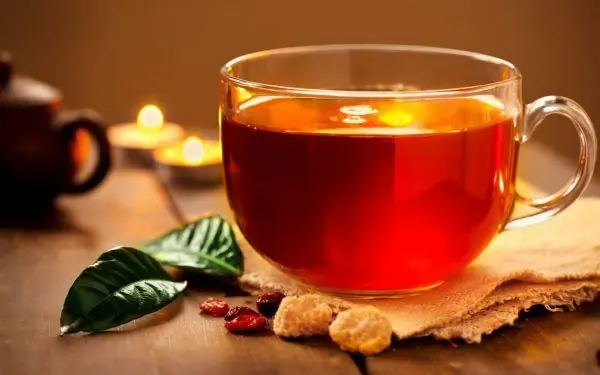
Drink tea with tea not immediately after the end of the process of eating, but after half an hour or an hour
What temperature should the water be
Scientists' experiments show that water temperature has little effect on the digestion process. The temperature of the liquid is 37-40 degrees more comfortable for the body. But the body spends 10-15 minutes on warming (as well as on cooling when taking hot liquid) water. And since the digestion process takes up to several hours, such a delay cannot be called significant.
In this case, warm water is still preferable. The point is the physiology of the process of food digestion. It is based on two important stages - acidification and grinding to chyme - a homogeneous mass suitable for movement from the stomach to the subsequent sections of the digestive system. Until food is processed to this state, it will not enter the intestines. And cold liquid does not speed up the process, but slows it down a little (time is spent on heating food).
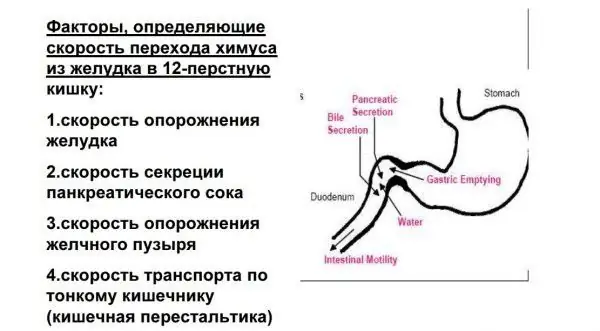
In human physiology textbooks, fluid temperature is not considered a factor in slowing down or accelerating gastric emptying.
Also, scientists believe that everyone has individual characteristics that affect the rate of gastric emptying when drinking both cold and hot water. Research provides such conclusions.
If you want to drink food with food or immediately after, then you can do this without fear of harming the body, slowing down or speeding up digestion. A warm liquid in the range of 37-40 degrees is the best drink for this. But even hotter or colder water will not have a strong effect on the digestion of food.
Recommended:
Why You Shouldn't Drink Alcohol With Antibiotics

Why is the combination of alcohol and antibiotics dangerous? Common side effects
A Cat Or Cat Does Not Eat Or Drink Water For Several Days (3 Or More): Reasons For Refusing To Eat And Drink, What To Do If The Kitten Suffers
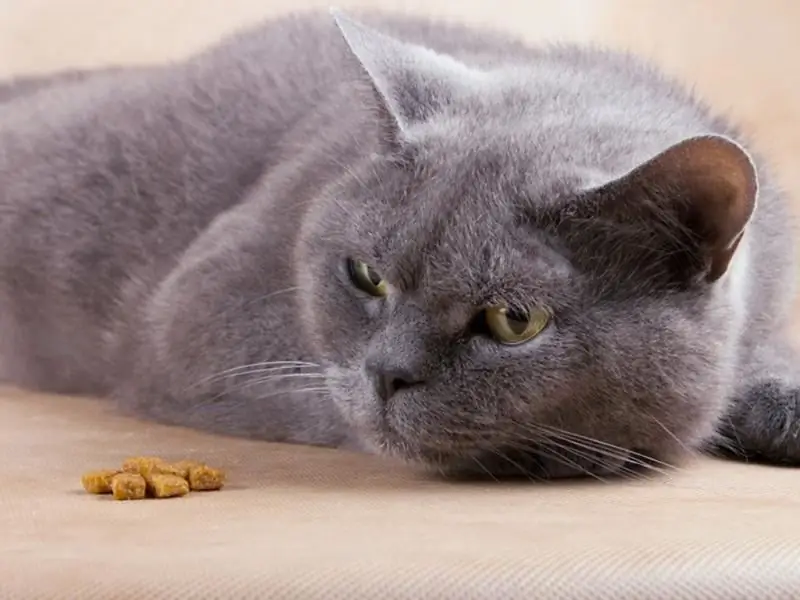
How dangerous is the refusal of food and water. What diseases can cause similar symptoms in cats? What to do if the animal does not eat or drink
Why You Can't Dilute Tea With Cold Water And Mix Boiled Tea With Raw

Can tea be diluted with cold water and why. What happens when mixing boiled and unboiled water
Why Shouldn't Men Drink Mint Tea?

Is mint tea dangerous for the male body? What is the risk of increased consumption of mint tea and how to avoid side effects
5 Drinks That Men Shouldn't Drink After 50

What drinks have a bad effect on potency. Why you can't drink mineral water. Is store juice good for you?
